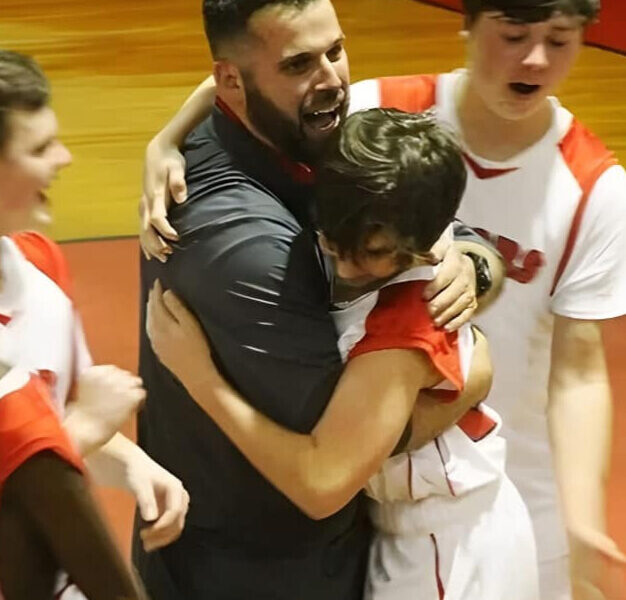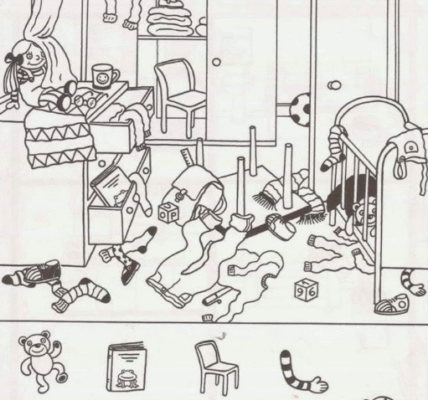Last week, I got the kind of message no coach ever wants to receive.
One of my JV basketball players—Stoker—had just lost his mother. It was sudden, unexpected. The kind of loss that knocks the air out of you and leaves everything else feeling unimportant.
I didn’t expect him at practice the next day. I would’ve understood if he needed time, space, or simply couldn’t show up.
But he did.
Day after day, he showed up. Quiet, composed, eyes a little red, but steady. He didn’t miss a single practice. He ran drills, scrimmaged, listened. Didn’t say much—but when he did speak, it was always to encourage his teammates.
He carried something heavy on his shoulders, but he carried it with dignity.
Then came game night.
It was a packed gym—parents, students, teachers. The usual noise. The nervous energy of a close matchup. The kind of game where every possession matters, every foul is felt, and every second is a battle.
We trailed most of the game, fighting tooth and nail to stay within reach. And with just under three seconds on the clock, we were down by two.
Then it happened—one of our boys made a lightning-fast defensive read and stole the inbound pass.
I immediately called a timeout. Just over one second left.
As my players huddled around me, I wasn’t thinking about the last week, about grief, or about the weight Stoker had been quietly bearing.
I was just thinking about winning. About finding a way.
I knew our usual go-to—our point guard—would be double-teamed. So we drew up a misdirection. A double screen. A sliver of space in the corner. Just enough time for a catch and shoot.
It was designed for one person.
Stoker.
The ref blew the whistle. We set the play in motion. My forward slapped the ball. The defense shifted hard toward our decoy.
Stoker rolled off the screen like we practiced—calm, sharp, precise.
He caught the ball in rhythm, in the corner, with maybe half a second to spare.
No hesitation.
He rose.
The buzzer sounded the instant the ball left his fingertips.
And then—for a breathless moment—the gym fell completely silent.
Time stopped.
You could feel every heart in that room holding still, all eyes locked on the arc of the ball cutting through the air.
Then—swish.
It didn’t just go in—it stripped through the net, pure and perfect.
We won.
By one point.
The gym exploded. People jumped to their feet, yelling, clapping, hugging. Players rushed the court.
But I… I just stood there.
Because that’s when it hit me.
This wasn’t just a buzzer-beater. It wasn’t just a win.
It was him.
A teenage boy, barely old enough to drive, who had buried his mother days earlier… had just become a hero.
Not just in the game, but in life. In how he carried himself. In how he chose to keep showing up. In how, when his moment came, he didn’t flinch.
I felt the tears before I realized I was crying. I walked onto the court and pulled him into a hug I’ll never forget. I didn’t say much. I didn’t need to. That moment spoke for itself.
Soon, the varsity players ran out and surrounded us. Everyone was yelling, celebrating, overwhelmed with joy and awe.
Because there is nothing more pure than a come-from-behind victory.
Nothing more powerful than resilience in the face of heartbreak.
And in that second… in that beautiful, sacred second… nothing could bring us down.
So to every underdog out there who keeps fighting, who keeps pushing through the pain, who dares to take that final shot:
Keep playing. Keep believing. Keep trusting the work.
Because sometimes, one second is all it takes to change everything.





